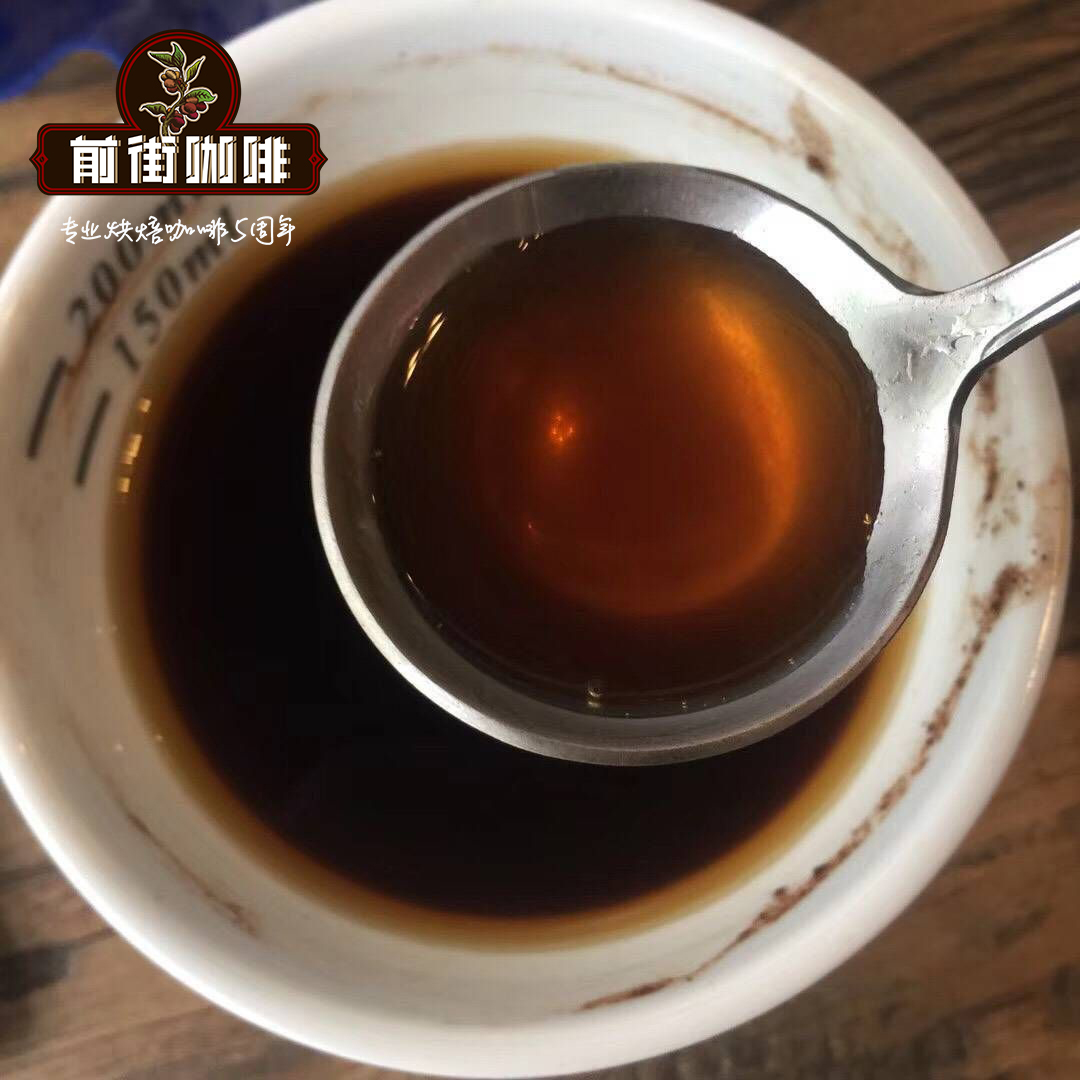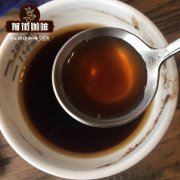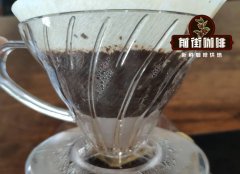How does Costa Rican Red Honey deal with Coffee? introduction to the treatment of Tara Zhu Castro Family Coffee

Located in the high mountains of the South Pacific south of San Jose, the capital of Costa Rica, the Tarazu region has one of the highest planting densities in Central America, with many farms 2000 meters or more above sea level. It is called "Zona de Los Santos" locally because of the number of towns with "San" or "Santa" in its name.
The climate of Tarraz ú has two distinct seasons. The rainy season lasts for seven months (May to November) and the dry season (December to April). This encourages even coffee blossoms. The average annual precipitation is between 2400 mm (94.5in) and the annual average temperature is 19 °C (66.2 °F).
Tarrazu's fertile volcanic soil and rolling hillsides are ideal for agricultural production, with small farmers growing bananas, avocados and oranges as well as coffee handed down from generation to generation. Tarrazu has a strong community and family spirit, and producers proudly take care of their land. Many farms in Tarraz ú include virgin forests and a degree of shade trees, dotted with coffee, and producers should pay attention to protecting the natural water that emerges from the hillside.
Juanachute micro-processing plant is one of the earliest mills of its kind. Louis Anastasio Castro (Luis Anastasio Castro), also known as Tacho, was an early adapter for miniature mill models. Many other micro-factories have learned from his efforts. Juanachute's operations include several different plots throughout the Los Santos area and factories near the town of San Pablo. In a miniature factory, the whole process is controlled. Everything from growing coffee trees to sealing jute bags is done under the supervision of Don Tacho.

The Castro family also owns a small bakery and coffee shop in San Pablo. Luis Anastasio, one of Tacho's sons (named after his father), is in charge of launching the barista education program at the local high school, which has 30 graduates each year. Luis Anatacio (Luis Anatasio) also participated in the Costa Rican barista championship, proudly serving coffee from Juanash.
Don Tacho is proud of his farm, factory and final coffee product, and does his best to maintain all three. This year is the second year that he and his family have devoted more energy to establishing direct contact with buyers. Abraham, another son of Tacho, works for our export partner CECA and is able to build relationships in major markets. The factory produces different types of coffee, separated by plot and process. We are pleased to continue to establish a partnership with Juanachute and to introduce more small quantities from the different farmland they process in different ways.
Honey-treated coffee is dried on an elevated bed and dried in plenty of sunlight for 14-21 days.
Important Notice :
前街咖啡 FrontStreet Coffee has moved to new addredd:
FrontStreet Coffee Address: 315,Donghua East Road,GuangZhou
Tel:020 38364473
- Prev

How does Costa Rican Red Honey treat Coffee Flavor? introduction to Tarazu Castro Family Coffee treatment
Located in the high mountains of the South Pacific south of San Jose, the capital of Costa Rica, the Tarazu region has one of the highest planting densities in Central America, with many farms 2000 meters or more above sea level. It is called Zona de Los Santos locally because of the number of towns with San or Santa in its name. The climate of Tarraz has two distinct seasons.
- Next

Colombian Pink bourbon Special treatment batch Flavor description what is the treatment of juice anaerobic washing
Country of origin: Columbia: Cymbidium Farm: Finca Monteblanco altitude: 1730 m Variety: pink bourbon treatment: juice anaerobic washing Flavor: strawberry, lime, raspberry, champagne, passion fruit, Chocolate Columbia Cymbidium is located in the south of the country, where the central and eastern mountains of the Andes meet. Neiva, the capital of Wirat
Related
- Detailed explanation of Jadeite planting Land in Panamanian Jadeite Manor introduction to the grading system of Jadeite competitive bidding, Red bid, Green bid and Rose Summer
- Story of Coffee planting in Brenka region of Costa Rica Stonehenge Manor anaerobic heavy honey treatment of flavor mouth
- What's on the barrel of Blue Mountain Coffee beans?
- Can American coffee also pull flowers? How to use hot American style to pull out a good-looking pattern?
- Can you make a cold extract with coffee beans? What is the right proportion for cold-extracted coffee formula?
- Indonesian PWN Gold Mandrine Coffee Origin Features Flavor How to Chong? Mandolin coffee is American.
- A brief introduction to the flavor characteristics of Brazilian yellow bourbon coffee beans
- What is the effect of different water quality on the flavor of cold-extracted coffee? What kind of water is best for brewing coffee?
- Why do you think of Rose Summer whenever you mention Panamanian coffee?
- Introduction to the characteristics of authentic blue mountain coffee bean producing areas? What is the CIB Coffee Authority in Jamaica?

